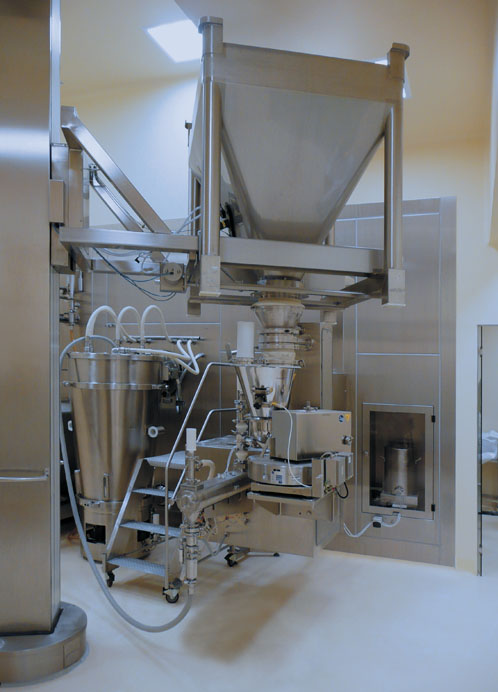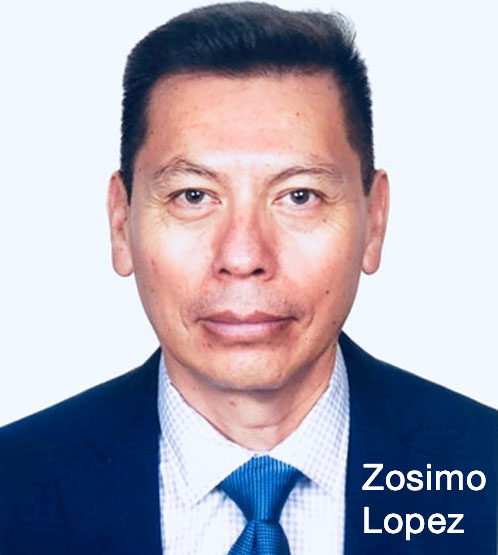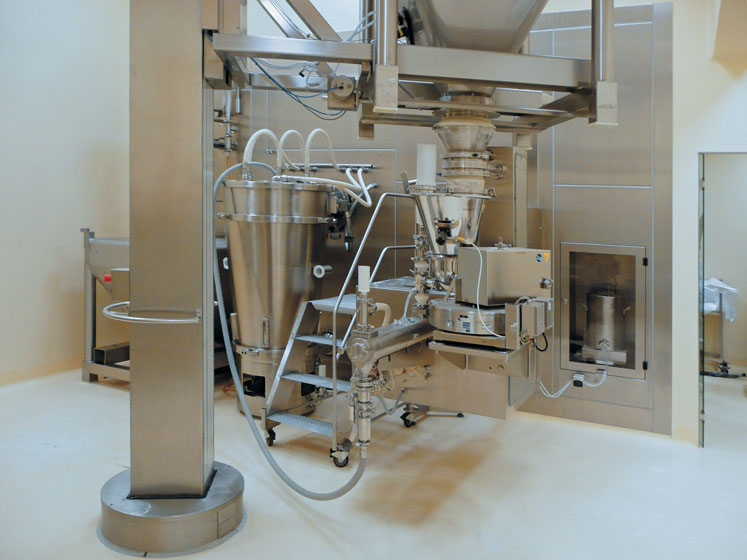As the word spreads and the uptake of continuous manufacturing (CM) systems for pharmaceutical production accelerates towards becoming the norm, many of the old myths have been busted and filed away for prosperity.
For example, it was once widely believed that CM lines weren’t suitable for high-volume low-value oral solid dosage (OSD) forms. Likewise, neither innovator companies nor contract service providers would consider manufacturing a generic product with, or transferring it to, continuous equipment.
Both of these folk tales have now been consigned to the history books. Naysayers have also suggested that CM rigs are difficult to clean, that only fully integrated lines provide the real benefits of “going conti” and, perhaps almost amusingly, that regulators represent the biggest hurdle when it comes to shifting an existing product from batch to continuous.
With agencies such as the US Food and Drug Administration (FDA) now recognising the benefits of continuous production, this is totally out of date. In fact, Dr Janet Woodcock has been quoted as follows: “A key advanced manufacturing technology is continuous processing, which helps to ensure consistently made products, allows manufacturers to more easily scale-up their production operations to meet changing demand and can help to reduce drug shortages by reducing quality issues.”
The use of CM to produce OSD forms has delivered a number of key benefits to the pharmaceutical industry, including shorter development times, increased operational flexibility and greater agility to deal with process changes. Plus, it’s generally understood to be a quicker, more efficient concept (in terms of both energy and cost) with a lower footprint and no shutdown between batches.

One company that has very much taken this philosophy to heart is Chinoin, one of the most important pharmaceutical companies in Mexico. Located in Aguascalientes, this proudly Mexican organisation has been dedicated to the development, production and marketing of medicines with proven quality, efficacy and safety for almost 100 years.
Perhaps more importantly, this market leader had the foresight to invest in their vision of the future: continuous manufacturing.
Early adopters
Being the first company in Latin America to purchase a continuous wet granulation suite from GEA Mexico was not an instant decision. It was a brave step and very much ahead of the curve. But, after a series of trials in 2007, an order was placed in 2008, which was when a highly valued long-term relationship really began.
It’s a classic example of the inestimable value that customer service plays during a project such as this. It goes way beyond the enquiry and financial transaction stage; it’s a fundamental part of what GEA does to support its partners throughout the lifetime of their equipment and make sure they’re fully trained and capable of keeping the machinery running at maximum capacity and efficiency.
“At Chinoin, quality is not just a parameter to be met, it’s part of a culture that accompanies the manufacture of our medicines from development right through to production,” says Jorge Trejo López, Director of Operations at Chinoin.
“To help us achieve these goals, we invest in the most advanced manufacturing technologies. For example, we were pioneers in the adoption of a ConsiGma continuous granulation system, which was unique in Latin America at the time.”
The Chinoin ConsiGma 50 (now rebranded as the GD38/1000) wet granulation unit is most likely the best used CM rig on the planet.
Installed in 2008/2009, it’s been fully operational ever since. It’s a showcase installation for GEA and represents a bold move by a progressive and forward-thinking company.
Practical applications
The line is used to produce an influenza treatment, Antiflu-Des, which is the flu medication of choice throughout Mexico and is 100% granulated using the ConsiGma rig.
“With a mean throughput of 50 kg/h, I’m reliably informed that this machine is operated 4–5 days a week in multiple shifts,” says GEA’s Zosimo Lopez, Regional Sales Manager for Latin America, adding: “Plus, in the wintertime, during the annual flu season, production is ramped up to three shifts a day for almost 24/7 operation.”

For about 90% of the time, the line is dedicated to producing the flu drug. For the remaining 10% of its availability, it’s used for two other products in the company’s portfolio. Whatever is being produced, though, the ConsiGma granulation system is the core and heartbeat of Chinoin’s current activities in the market.
The line, and the entire good manufacturing practice (GMP) suite, is cleaned once a week between campaigns. Jorge adds: “It used to take approximately three shifts to clean the line. Now, though, being much more familiar with the equipment, we can achieve product changeovers in as little as 12 hours. As for continuous manufacturing being too complex, that’s just not true.”
“Of course, at the outset, it was an unfamiliar technology and, with that, comes trepidation. Now, 10 years later, we have mastered the ConsiGma and can work with the machinery to obtain optimal outputs. It’s certainly a learning curve and takes time, but we no longer have to reject any material.”
Having visited the GMP area with the local operator team, Zosimo observes that “the space-saving footprint of the ConsiGma 50 was an obvious advantage for Chinoin.” Compared with a typical batch granulation line offering the same output, for example, the overall space requirement for the equipment is at least 50% smaller for the continuous plant.
Overcoming hurdles
When asked about their original business case and what prompted Chinoin to invest in CM technology, the perhaps surprising answer was “API savings.” When working with a batch system, granule quality was an ongoing issue; a lot of rework was required, resulting in the loss of a considerable amount of active pharmaceutical ingredient (API).
This problem was completely eradicated with the ConsiGma continuous twin-screw wet granulation line. It produces granules of very high quality within tight tolerances. “In fact, anyone experiencing difficulties with a traditional high-shear batch system should investigate the twin-screw principle,” notes Zosimo.

In addition, the Chinoin product has a very high API content, which provides more evidence to support the high yield claims of continuous processing. In a high-volume operation, this counts ... even if the API isn’t as expensive as those used in the orphan drug space. Looking ahead And Chinoin isn’t done yet; they intend to use this unit for another 10–15 years.
And, having looked at its current condition, Zosimo is reassured that the rig is still in very good shape … despite the heavy use.
In summary, he concludes: “Most likely, this is probably the single GEA CM system, anywhere in the world, that’s being used in the true sense of continuous operation. We’re talking 24 hours a day for an average of 5 days a week during certain months of the year. Sometimes, the company runs three shifts a day with cleaning taking place during the weekend.”
“It’s a perfect example of how a regional manufacturer of generic products can successfully use a conti bin-2-bin solution for a high-volume low-value commodity product. Regulatory issues simply don’t exist! Whether it’s in Mexico or anywhere else, any agency or administration would be delighted to see that top-quality drugs are reaching patients in need with no supply chain issues.”
“To cite our own example,” comments Jorge, “because Mexican regulators had not dealt with continuous production lines before, we had to introduce this new paradigm to them and demonstrate its benefits. It was quite a challenging 2-year process … but we convinced them of our vision and, since then, everything has run very smoothly.”
CM is not just limited to new chemical entities and/or branded ethical pipeline products, it’s suitable for almost all OSD applications in the pharmaceutical industry. It’s time to banish all the out-of-date attitudes and prejudices to the past and imagine what benefits continuous processing can bring to your products, your business and your patients. Chinoin is an excellent example.
With these key drivers in mind, GEA has recently expanded, integrated and consolidated its ConsiGma portfolio of continuous oral solid dosage granulation, drying and tablet compression equipment.
By taking a more holistic and inclusive stance as a trusted supplier to the pharmaceutical industry, the company can now deliver an unparalleled combination of highly effective, flexible and cost-efficient production solutions to a wider and more diverse array of companies.
The multipurpose ConsiGma 4.0 platform — designed to transfer powder into coated tablets in development, pilot, clinical and production volumes — is now available as standalone or modular plant for dedicated unit operations and can be installed in both new and existing facilities with third-party machinery.
Irrespective of the end product, the time for continuous manufacturing is now. GEA equipment can help you to optimise your quality assurance procedures, offer higher levels of process transparency and tighter control of your entire supply chain, resulting in improved productivity, increased Overall Equipment Effectiveness (OEE) and enhanced real-time planning and scheduling.
“We’re making cutting-edge continuous manufacturing equipment available to all,” says Zosimo.

